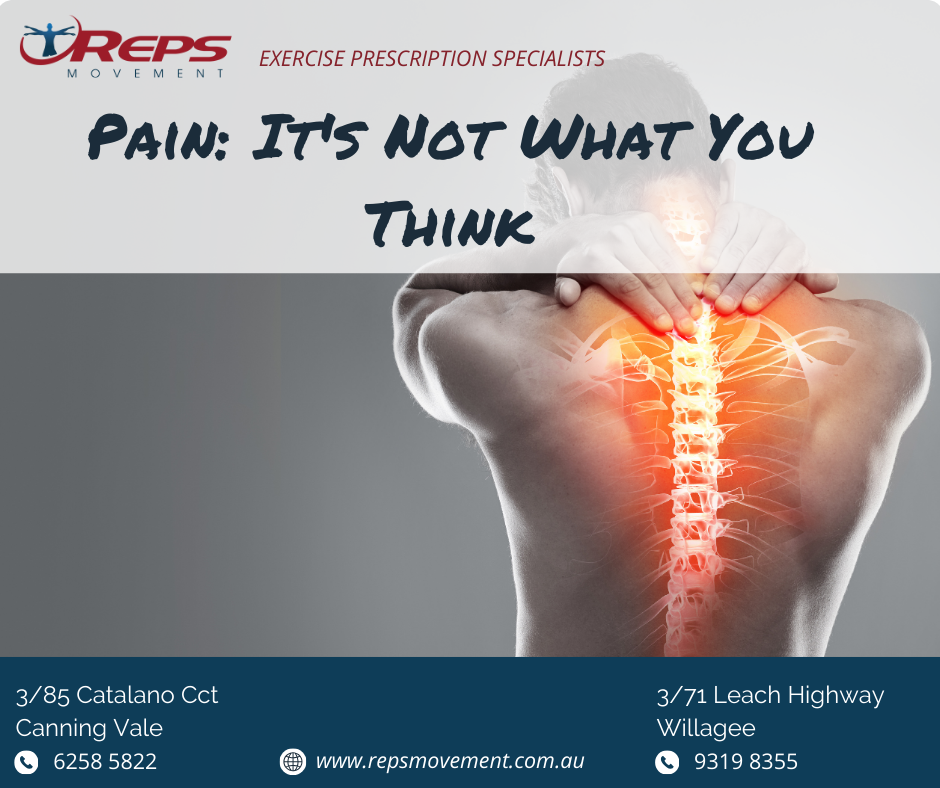| If you're reading this while dealing with persistent aches, chronic discomfort, or that nagging pain that just won't seem to go away despite "doing everything right," this message is especially for you. What if we told you that understanding pain differently could be the first step toward feeling better?
In our practice, we work with many clients who've been told their pain "doesn't match" their scans, or who feel frustrated because treatments that should work sometimes don't. If this sounds familiar, you're not alone – and more importantly, you're not imagining things. | 